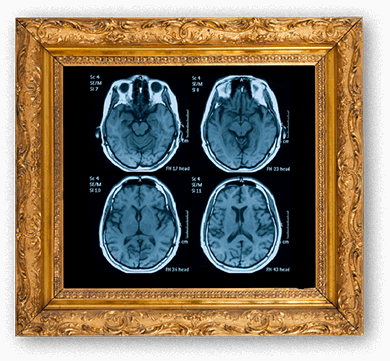Did you know that two thirds of patients diagnosed with Alzheimer’s Disease are women?
However, it remains unclear why this sex difference in AD prevalence rate exists. AD is a devastating chronic, fatal, neurodegenerative disease that affects brain systems critical for memory. There is currently no cure for AD. This suggests that early detection and prevention of disease progression may be the most promising approach for reducing future incidence of AD.

Recent models of AD indicate disease-related neuropathology is apparent decades prior to diagnosis - making midlife a critical window for early detection and prevention of AD. Midlife is also the time that women with ovaries experience spontaneous menopause. Importantly, two-thirds of women report experiencing memory and cognitive difficulties during menopause transition. This raises the possibility that that how a woman’s brain experiences menopause may serve as an early marker of whether she may be at heightened risk for developing AD or other dementias in later life. This is the hypothesis the BHAMM Study is testing.
By answering this question the BHAMM study will help identify early risk and resilience factors for AD at an age when intervention and changes in lifestyle factors may be most beneficial for supporting healthy aging.
The next big breakthrough could start with you.
3 easy steps to participate in this project
1
2
3
Eligibility:
To be eligible to participate in our studies, you must:
- Be 18 to 65 years of age
- Be in good physical and mental health
- Not have a history of neurological or psychiatric diseases

Financial compensation is offered, plus you get a high-quality picture of your brain to frame and display!